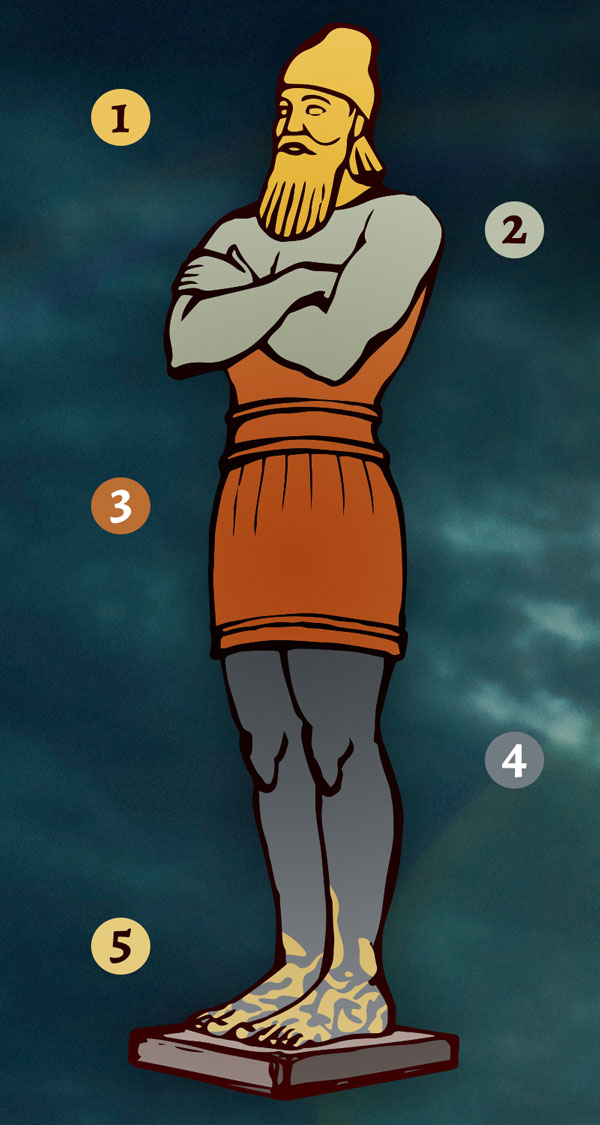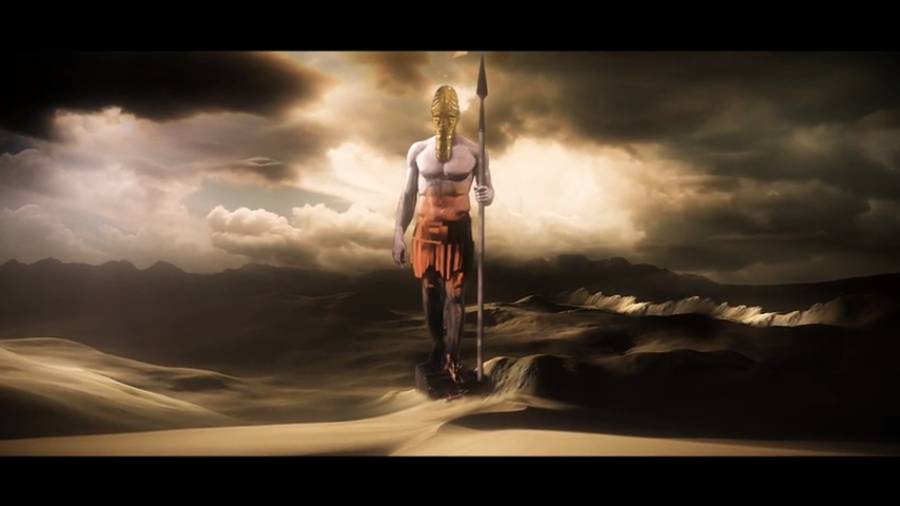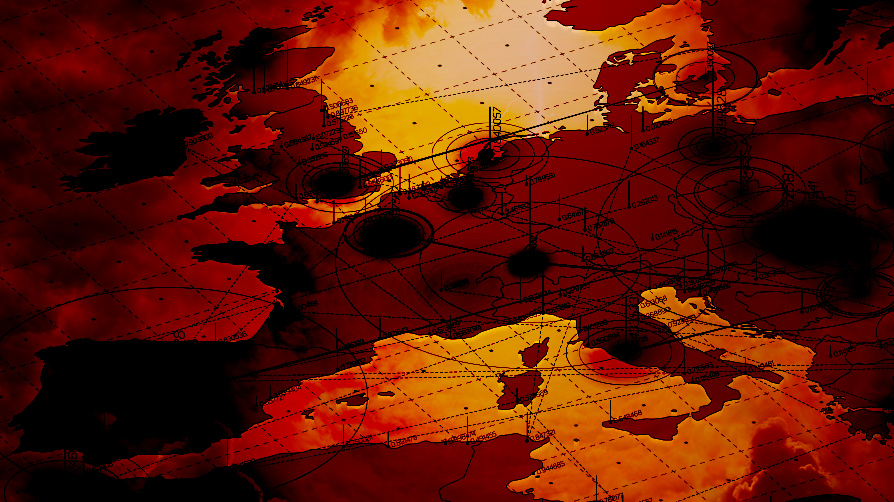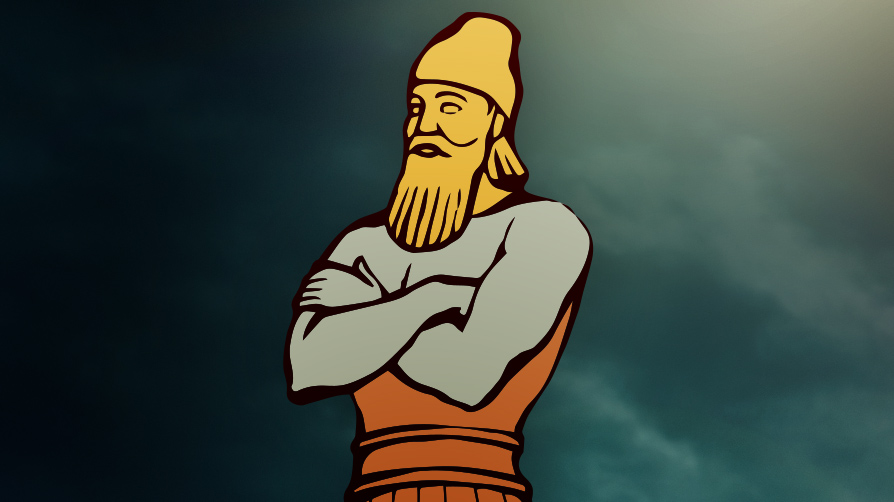

Dr. David Jeremiah Presents
Living inthe Ageof Signs
Online Destination

Living in the Age of Signs
Online Destination

Abba, Father
Today’s Audio Devotion:
Abba, Father
One of the most obvious differences between the Old Testament and New Testament is how God is referred to. In the Old Testament, God is called the Father of the nation of Israel or of certain individuals 15 times (although father imagery is sometimes used). But in the Gospels, God is referred to as Father some 165 times! And the apostle Paul refers to God as Father some 40 different times in his epistles.
It is thought by scholars that Jesus, and most of His contemporaries, spoke Aramaic, a dialect of Hebrew. The word they would have used for “father” was the Aramaic word abba, a personal and intimate word. When the New Testament was recorded in Greek, most occurrences of abba were translated with the Greek word pater—but abba is preserved in three instances: Mark 14:36, Romans 8:15-16, and Galatians 4:6. Each of these verses reflects a level of personal intimacy which abba conveys. It has been suggested that abba is the equivalent of the modern word “daddy”—the way a child addresses his father.
When you address God as Father in prayer, reflect on the fact that you are His child, adopted into His forever family (Galatians 4:4-7).
A Christian is one who has God as his Father.
J. I. Packer
For Your Phone or Tablet
Official Mobile App and Lock Screens
Some 2,600 years ago, God gave King Nebuchadnezzar a dream. In this dream, the king saw a five–part statue made of five different metals (see Daniel 2). Each section represented an empire, beginning with Nebuchadnezzar's Babylon. Four of these empires have already risen and fallen in history—a clear fulfillment of Daniel's prophetic interpretation. The fifth and final empire indicates a future Europe—a ten nation coalition that will unite under the Antichrist's rule.
You can read about the King's dream and Daniel's interpretation in Daniel 2, but let's take a quick visual look at what you will find:

-
King Nebuchadnezzar's Babylon
Daniel's words to the king are clear. "You are this head of gold" (Daniel 2:37–38).
-
Medo–Persian Empire
The Medo–Persian Empire conquered Babylon in 539 BC and remained in power for approximately two hundred years (Daniel 5:28).
-
Grecian Empire
Greece's Empire succeeded the Medo–Persians (Daniel 8:21).
-
Roman Empire
When the Grecian empire was conquered by Rome, all the lands and peoples of the previous kingdoms were assimilated into the Roman Empire through the strengths of the "iron legions of Rome" (Daniel 2:40).
-
Future European Coalition
This empire has not yet risen. Daniel foretells a time when the Roman Empire—Europe—will consist of ten kingdoms or leaders. The future Roman Empire will be present on the earth when God sets up His earthly kingdom (Daniel 2:44).









